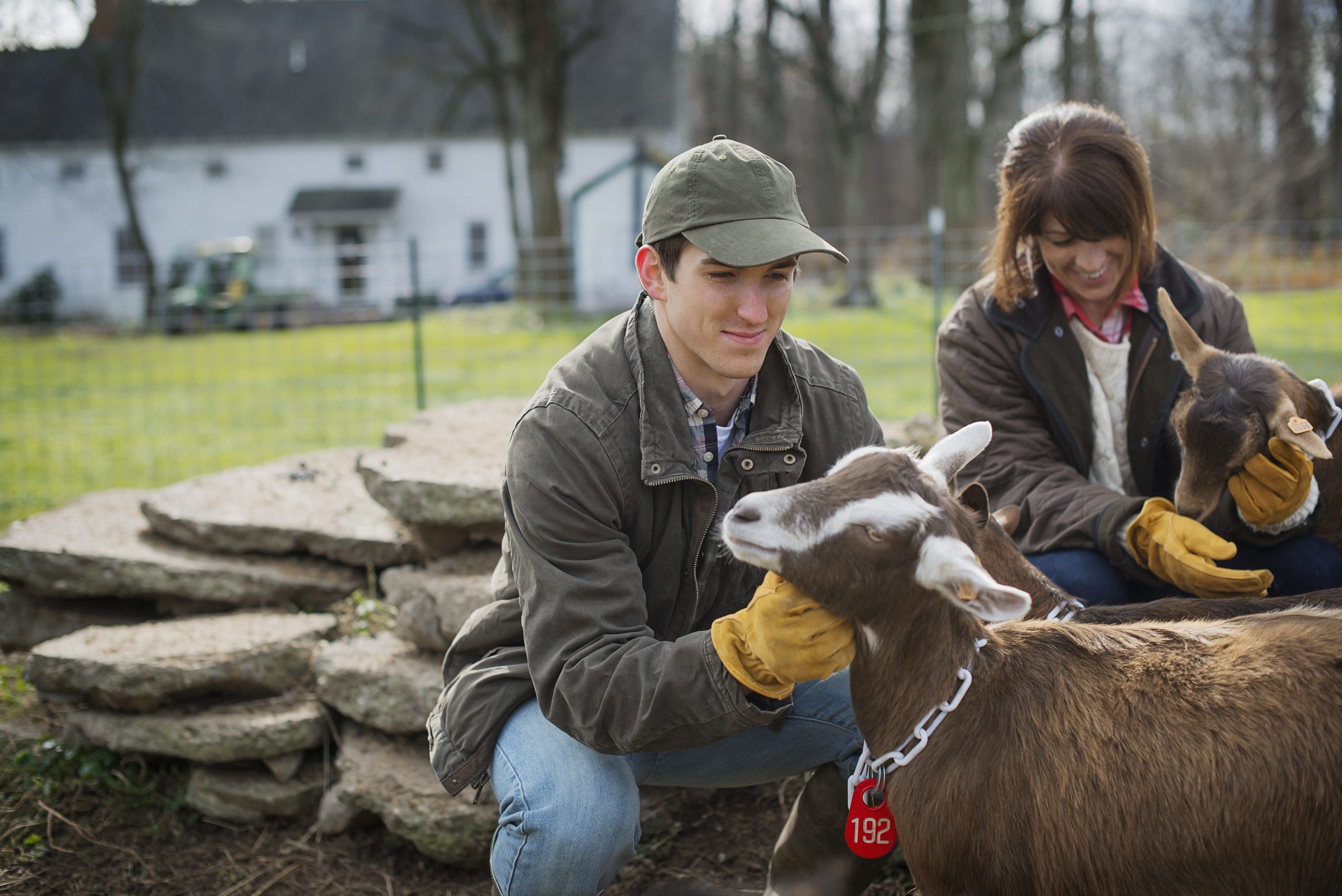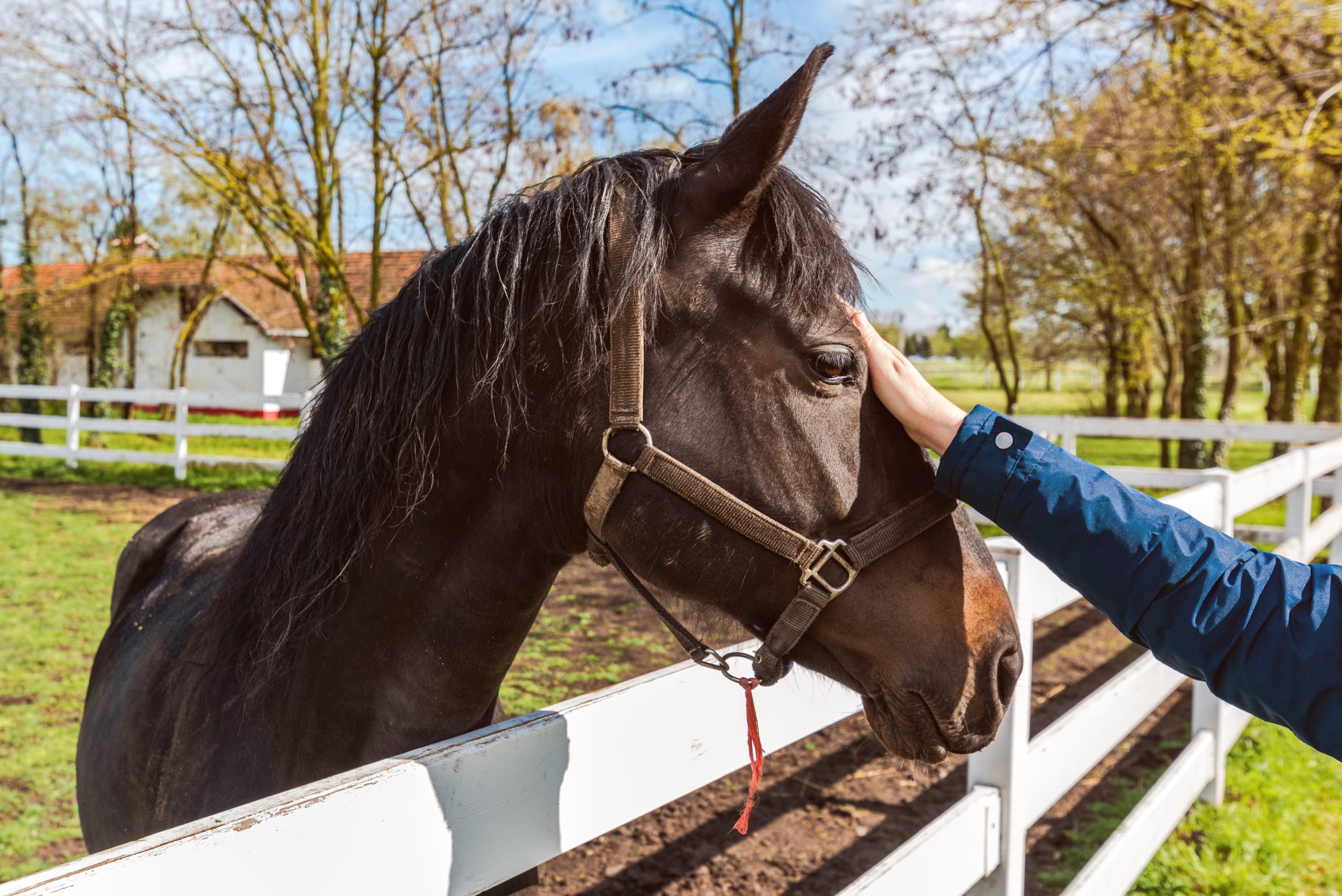Welcome to Open Learning College – Change your career, Increase your salary, and Improve your life.
 Course Overview
Course Overview 
Embark on a transformative learning journey with the UK’s most innovative home study provider, offering courses designed to unlock your true potential and facilitate the career change you desire. Access our distance learning courses directly from anywhere, anytime, and acquire industry-recognised Professional Qualifications essential for advancing in your career.
Specifically, explore the flexible and convenient Canine Studies (Level 3) course, an ideal way to gain a diploma qualification. Whether you aim for further education, improved job prospects, or expanded knowledge, this comprehensive course allows you to prepare thoroughly for exams or careers through home study. Plus, it’s structured to be accessible and beneficial even if you have no prior knowledge in Canine Studies.
This Quality Licence Scheme level 3 Diploma provides students with a wide range of topics that form a foundation to learning about aspects of the canine species. These modules have been selected so that the student can develop their underpinning knowledge within this field of study. By developing their understanding through reading and research the student will complete a number of assessments to demonstrate this understanding.
This course can be used by those who have a specific interest in this field or by those who wish to use it in a professional capacity. The aim of the course is to develop the student’s understanding and form the basis for further study at a higher level.
 Course Key Topics
Course Key Topics
the Canine Studies (Level 3) course is divided into 10 modules.
Module 1: Introduction to Canine Studies
This first unit will discuss how the dog has changed over time, through evolutionary processes, its ancestors and how the canine became domesticated. The unit will also examine the human, canine bond by discussing the following:
- Taxonomy – canine classification. How is the canine categorised within the animal kingdom?
- The origins of canines, and the various theories as to how they evolved and how they evolved through adaptation.
- The history of domestication of the canines, why it happened and how it came about.
- The links between the domestic dog and its wild ancestor the wolf. A review and evaluations of similarities and comparisons is provided.
- Domestication and how the ways in which humans used dogs in the past and in the present day has evolved. Evidence of how canines are used today and how this role has greatly increased as a clearer understanding of the domestic dog has allowed these to roles to develop into a wider range from sport to assistance dogs.
Module 2: Canine Anatomy and Physiology
This unit will cover the anatomy and physiology of canines. Anatomy and physiology will start from the basic unit of life at a cellular level, to tissues, organs and full body systems. The areas that are covered, include:
- The skeleton, muscles and the locomotory system.
- The nervous system including the central and peripheral systems. All sensory organs will be discussed in detail.
- The endocrine system and the roles that hormones play in the body.
- The circulatory system, including the transport system of blood, through the heart and blood vessels.
- The respiratory system, including gaseous exchange and the parts and function of the lungs.
- The immune system, including the role of the lymphatic system, blood and the lymph-nodes.
- The digestive system and reproductive systems are covered within further units.
Module 3: Canine Nutrition
Nutrition is more than just eating food, good nutrition is essential to the health of an animal. Canines need to have a balanced diet and this requirement may vary due to physiological changes that occur during its life. Diet has to be taken in at the correct amounts to ensure the canines health and welfare are met. This unit covers the following:
- The structure and function of the canine monogastric digestive system.
- The nutritional requirements of the dog and how the various nutrients affect the functioning of the physiological systems.
- A knowledge of the levels of all the main food groups according to the canines age and lifestyle, looking specifically at the following: growth, adulthood, senior, pregnancy, lactation, working, injury and illness.
- The evaluation of how effective a dog’s diet is and the importance of understanding this.
- The health problems associated with incorrect feeding such as obesity and anorexia.
- Foods that are poisonous to dogs which include plain chocolate and raisins.
- Ailments of the digestive system which will look at causes of diarrhoea, vomiting and other problems associated with the digestion of foods.
Module 4: Canine Diseases
Diseases can vary considerably in terms of their ferocity, some harmful and obvious, others more subtle. There is an endless list as to the causes and number of diseases that could be potentially harm a canine. They can be divided into two groups; infectious and non infectious. This unit looks at:
- The disease causing organisms – bacteria, fungi and viruses, and the difference between them. Pathogens are described as those microorganisms that are deemed to be harmful.
- The main internal and external parasites that affect the dog, looking particularly at fleas, ticks, round worms and tape worms.
- The signs and modes of transmission of the main infectious diseases affecting the dog. This looks at direct contact, non-contact and the role vectors play in disease transmission.
- The signs of some degenerative diseases that dogs may suffer from. These can be influenced by the breed of the dogs, so a clear link in gene inheritance is important.
Module 5: Canine Health and Veterinary Care
In this unit students will look at how diseases can be diagnosed and treated. To understand disease management we need to recognise the importance of disease prevention in the form of diet, exercise, vaccination and routine treatments for ectoparasites and endoparasites. The following areas are covered:
- The diagnostic methods and medicines used for a range of canine diseases, particularly looking at systemic treatments which include antibiotics, antiviral drugs, antifungal drugs, parasite treatments and vaccinations.
- The diagnostic methods used usually include examination of clinical parameters and the treatments may involve those linked to the surgical or medical treatment of the dog. Prognosis for injuries affecting the canine can be deemed to be good to guarded which is the poorest or all prognosis.
- The legal restrictions placed upon the veterinary profession and lay people. This is linked to the bodies that these members are registered with and the professional guidelines they may set out in relation to the roles and limitations to each, to maintain their professional status.
- The application of first aid to a dog, who can do it, its limitations, its aims and outcomes.
- Some of the technological equipment used in small animal veterinary practice, from those used within a consultation which includes a thermometer and stethoscope to those that are used to make a diagnosis such as imaging equipment and laboratory apparatus.
Module 6: Canine Genetics
The process of evolution is explained to students within this unit and explains how dogs and wolves have naturally evolved over millions of years, due to the process of natural selection to become the creatures that they are today. Genetic inheritance and diversity are also considered within this unit. This unit will look at:
- The terminology of genetics which includes DNA, alleles, homozygous and heterozygous and their definitions.
- The process by which genes are passed from parent to offspring, the use of pedigree charts will enable the student to understand how this occurs.
- Genetic mutations, how these happen and why can some canines be carriers whilst others can develop the disease?
- The difference between natural selection and artificial selection. This will consider Darwin’s theory on natural selection against the use of selective breeding methods.
- Some common genetic disorders in the dog which will be linked to specific breeds and genders.
Module 7: Canine Reproduction
This section focuses on the reproduction process for canines. Following on from the previous unit on the genetics of the dog, this unit looks at how this knowledge can be put to use when choosing suitable dogs and bitches for breeding. It covers the physiology of reproduction and the care of the newborn puppies. The following topics are examined:
- The reproductive anatomy of the dog and the bitch and recognising the role each part plays.
- The oestrus cycle and the recognition that female canines are spontaneous ovulators, which usually occurs every 6 months.
- Conception and development of pregnancy. The female canine is pregnant for 63 days and does not vary between breeds.
- The process of whelping and parturition. Knowing the signs that a bitch is about to give birth and how to prepare for this.
- The development of neonatal puppies, this will look at the developmental time line of the puppy until it is weaned.
- The different methods of insemination – natural and artificial and the consideration why each might be used.
- Problems associated with pregnancy and birth, which can be linked to the breed of the bitch, its age and the number of offspring in the womb.
Module 8: Canine Behaviour Part 1
The study of canine behaviour and why dogs do the things they do is a large subject area to study so has been split up into two segments. Canine behaviour encompasses many branches of science, such as biology, neuroscience and psychology. This unit looks at why dogs behave in the way they do, and covers normal canine behaviour, and explains how dogs learn what they are taught by their human owners and from their own actions. The following topics are discussed:
- The similarities and differences between wolf behaviour and domestic dog behaviour. This considers those behaviours that the animal is born with and not learnt.
- How genes play a part in behaviour, and the differences between breeds. Recognition of why these dogs were bred is paramount to understanding why these problems arise when they are taken on as pets.
- How dogs learn, and the different learning theories. This will consider Pavlov’s theory and how positive reinforcement is essential as training tool for dogs.
- The areas of the brain associated with various aspects of behaviour. This will consider the hemispheres of the brain and the parts that affect behaviour.
- The senses of the dog and how these affect behaviour. If a dog is born with one of its senses missing such as sight or weakened which often occurs in white breed dogs, this may well have an impact on their behaviour.
- The effects of diet, hormones and health on behaviour. Studies in humans have shown that inadequate diet can have an impact on their behaviour. Can the same be said for canines?
Module 9: Canine Behaviour Part 2
This section looks at problem behaviour that can arise in dogs. It is important to understand that the main reasons dogs are re-homed or euthanised are due to these problem behaviours. This unit will be of particular interest for anyone with a pet dog or anyone who trains or works with dogs. It is also useful as a basis for anyone who wishes to pursue further study within this field. The unit covers:
- The types of behavioural problem that are commonly reported in pet dogs, which will include territorial, aggressive and anxiety related problems.
- Some of the possible reasons why problem behaviour may occur. It must be noted that some of these problems need much more work with the dog to eradicate them, whilst others need minimal work and effort. Most problems arise as a result of dogs being left for long periods on their own or poor ownership through lack of understanding.
- Some of the techniques we can use to go about finding out the cause of the problem can be linked to the breed of dog, the environment they live in or the history of the dog, in relation to prior homes if they have been adopted.
- An idea of some of the ways that behaviour can be altered, either through training the dog, changing the owner’s behaviour, or by means of veterinary treatment.
Module 10: Working with Canines
This last unit of the course takes a look at the canine industry sector. Working with canines is a growth area as we train dogs more within the role of assistance dogs. Issues such as working with canines will also be discussed within the following areas:
- The various organisations involved with dogs and research.
- The types of jobs available working with dogs from charity organisations,which are involved with assistance dogs, to those used within the public sectors, which include law enforcement and the military.
- The law with regards to working with dogs, health and safety and animal welfare are key areas that are addressed.
- The laws relating to ownership of dogs and how this has changed recently, where more emphasis is placed upon the owner in relation to the behaviour of the canine.
- Running a canine business – the regulations involved, insurance requirements, presenting a good image to clients or customers, marketing the business and managing staff.
- Setting up a boarding kennels or a breeding establishment and meeting planning regulations and considering environmental issues.
(Please click on the curriculum tab above to see a detailed view of each module)
Course Content
Canine Studies (Level 3) – FREE Starter Pack
How to…. (a series of explainer videos)
Module 1 – Introduction to Canine Studies
Module 2 – Canine Anatomy and Physiology
Module 3 – Canine Nutrition
Module 4 – Canine Diseases
Module 5 – Canine Health and Veterinary Care
Module 6 – Canine Genetics
Module 7 – Canine Reproduction
Module 8 – Canine Behaviour Part 1
Module 9 – Canine Behaviour Part 2
Module 10 – Working with Canines
Course Resources
Final Exam
College Announcements
🔍 Unlock the Canine Studies (Level 3) with £50 OFF the Course! 🐾💰
Ready to dive into the fascinating world of Canine Studies?
For a limited time, seize the opportunity to enrol in our Canine Studies (Level 3) course with an exclusive £50 discount!
Use code CANINE50 at checkout before the month concludes!
🌟 Why Choose Our Canine Studies (Level 3) Course
Presented by Open Learning College, this course is your gateway to understanding and working with our furry friends. Dive into comprehensive modules covering essential topics—from canine behavior to health and nutrition. Gain hands-on experience in caring for and communicating effectively with dogs.
💡 What Makes Our Course Shine
Expert Guidance: Benefit from experienced tutors providing support throughout your learning journey.
Real-World Skills: Acquire practical knowledge crucial for success in the field of canine studies.
Flexible Learning: Tailor your studies to your schedule with 24/7 access to course materials.
Don't miss this chance to unlock the secrets of canine studies at a discounted rate! Enrol now, use code CANINE50* at checkout, and embark on your journey towards becoming a skilled canine studies professional. 💰🐕
*This discount code cannot be used in conjunction with any other offer.









 Get Social!
Get Social!











Sophie Turner